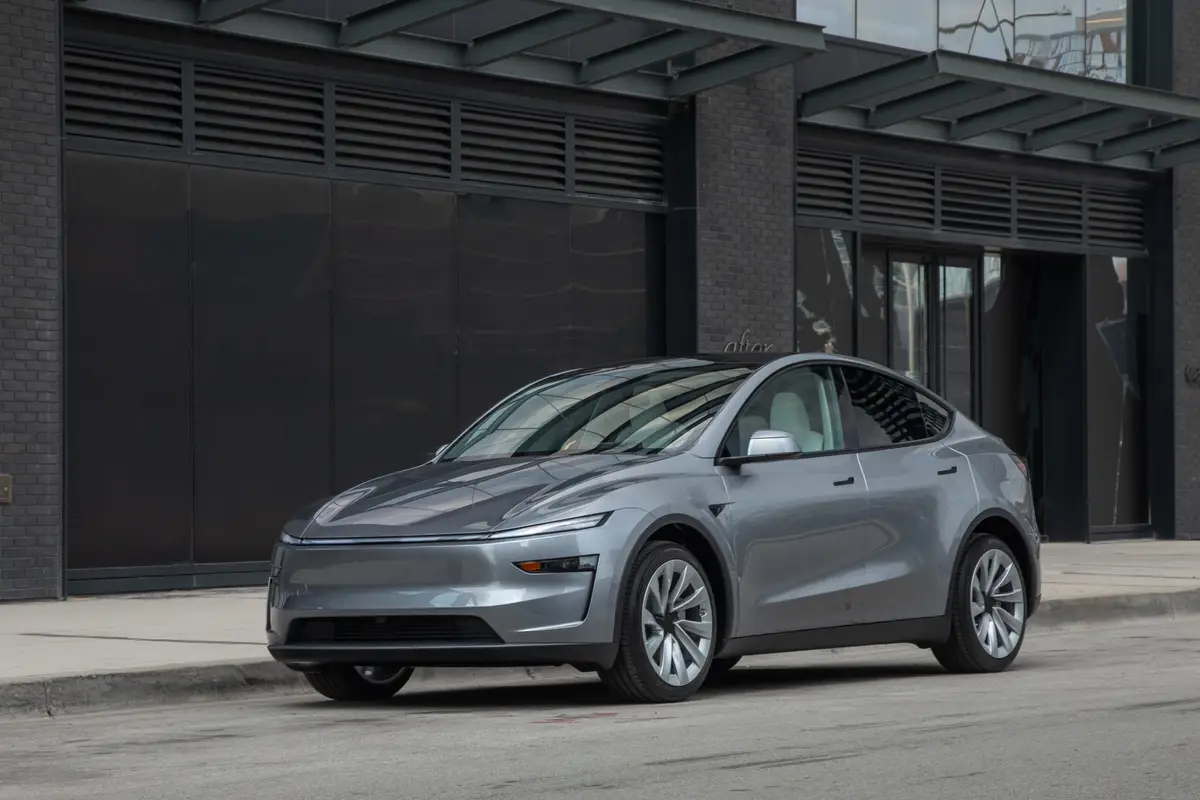washingtonpost.com's view
BALKHASH, Kazakhstan Russian writer Aleksandr Sergeyevich Pushkin died in 1837. But his spirit remains alive in a walk-up apartment here in Balkhash, a former Soviet outpost in southeastern Kazakhstan.
It is the home of Galina Lashenko, a teacher of Russian literature, and her husband, Aleksandr, a quiet man who prefers not to talk about his occupation or himself. They are an ethnic Russian couple, descendants of Russians who were deported here and to other parts of Kazakhstan in the late 1930s by the ruthless Soviet leader Joseph Stalin. I was their guest for an evening on one of the most memorable drives I’d ever taken — from Yekaterinburg in central Russia down to the former capital city of Almaty in Kazakhstan.
Balkhash was an intermediate stop, a place to service the 2007 Mercedes-Benz E320 Bluetec diesel sedans that had been faithful road companions for me and three other U.S. journalists on the long and often brutal drive.
Ostensibly, the purpose of the trip was to demonstrate the durability and fuel efficiency of Mercedes-Benz’s latest, most advanced diesel engine, which employs urea in its emission-control technology to greatly reduce tailpipe pollution.
According to Mercedes-Benz’s technicians and engineers, the Bluetec sedans, which require ultra-low-sulfur diesel fuel, did their job in reducing tailpipe poisons. I have to take their word for it inasmuch as I was not inclined to do a sniff test to prove their claims.
But I needed no certification from the technicians or engineers to verify the fuel economy of my Bluetec sedan. Under the harshest possible driving conditions, including several off-road detours, and carrying up to three people and hundreds of pounds of their gear, the mid-size, rear-wheel-drive sedans averaged 36 miles per gallon.
I speak no Russian. Galina Lashenko and her husband speak very little English. Through an interpreter, I tried to explain to them the purpose of the trip.
Aleksandr laughed aloud, rubbed the fingers of his hands together, and said, “Money, money.”
Galina smiled and brought me into her small but fastidiously maintained library. She pointed to a small painting of Pushkin on the wall.
“You know Pushkin?” she asked in halting English.
I did.
Pushkin is regarded as one of the world’s greatest black writers. The Russian Embassy in Washington in 1998 held a 200th anniversary celebration of his birth, inviting black artists and journalists from all over the United States.
Pushkin “was for freedom,” Galina said. “Your trip — not about cars,” she continued. “Your trip is about freedom.”
I’d never considered that perspective on the long drive, which was relatively free of difficulties other than an erroneous fueling incident in which a non-U.S. journalist pumped high-sulfur diesel fuel (550 parts per million sulfur, compared with the 15 parts per million sulfur in ultra-low-sulfur diesel) into his car.
The car with the bad diesel fuel began blowing thick blue smoke from its tailpipe. It temporarily was pulled from the drive for repairs.
But, in retrospect, Galina was right. The drive was not about the car. It was about freedom, the ability to get in an automobile and drive long distances — as long as you have the proper identification papers to present at numerous checkpoints.
I rather suspect that Pushkin would have appreciated the irony.
Latest news



